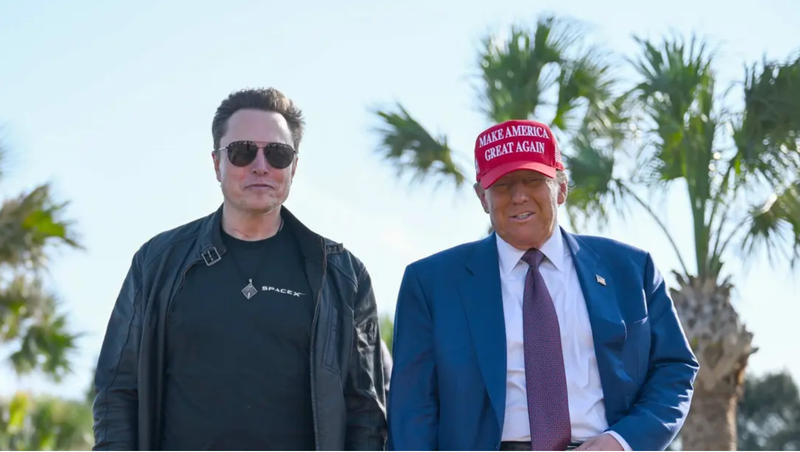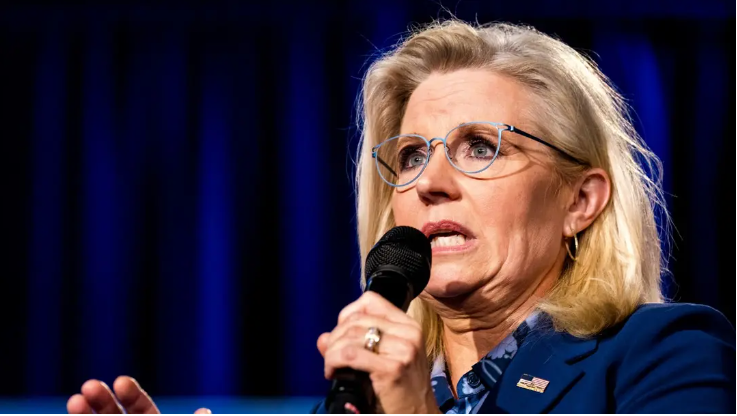Mali, Burkina Faso, Niger Withdraw From ECOWAS
Mali, Niger, and Burkina Faso on Sunday announced their decision to leave the 15-nation Economic Community of West African States (ECOWAS). The three West African countries were suspended from and hit with sanctions by ECOWAS following the overthrow of their respective democratically-elected gove...
0:00
/1861
Facts
- Mali, Niger, and Burkina Faso on Sunday announced their decision to leave the 15-nation Economic Community of West African States (ECOWAS). The three West African countries were suspended from and hit with sanctions by ECOWAS following the overthrow of their respective democratically-elected governments.1
- In a televised joint statement, the military-run governments pointed out that their decision was made in 'complete sovereignty' and accused ECOWAS of abandoning 'the ideals of its founding fathers and Pan-Africanism.' They also alleged that 'foreign powers' were influencing the organization.2
- The Nigerien junta claimed ECOWAS, founded in 1975, largely failed to support its three founding members 'in their existential fight against terrorism and insecurity.' In 2023, the three military-led governments formed the Alliance of Sahel States (AES) after pulling out of the international anti-Islamic insurgency group known as G5.3
- Following the announcement, ECOWAS said it had not yet received formal notification of the decision to exit the bloc and that the three countries remained important members. It added that ECOWAS had been working with the three coup-hit countries to restore constitutional order and remained committed to negotiating a solution to solve political differences.4
- Relations between the three governments and ECOWAS deteriorated following military coups in Mali in 2020, Burkina Faso in 2022, and Niger — a key Western security partner — in 2023. In addition to sanctions, ECOWAS threatened to reinstate the elected government in Niger through a military intervention.5
- Under the ECOWAS treaty, member states intending to terminate their membership must submit written notice one year in advance and remain bound by the treaty's terms during that year. While committing to a return to civilian rule by different dates, all three countries insist that their security remains the highest priority.6
Sources: 1Al Jazeera, 2Premium Times Nigeria, 3Dw.Com, 4GhanaWeb, 5Washington Post and 6BBC News.
Narratives
- Pro-establishment narrative, as provided by NY1. This ill-considered move by these three countries demonstrates their preference for populist measures over a return to the rule of law. Although they have the right to criticize France and other colonial powers, their hypocritical turn to Russia as an ally is putting the region and world at greater risk.
- Establishment-critical narrative, as provided by Tribune Online. It's ECOWAS's fault these countries have made this decision. ECOWAS has failed to fulfill its founding mandate and find diplomatic solutions to a multitude of existing regional problems. Instead, the organization has turned into a tool of foreign interests to reinstate 'democratic' puppet governments that fail at combating Islamist threats.







